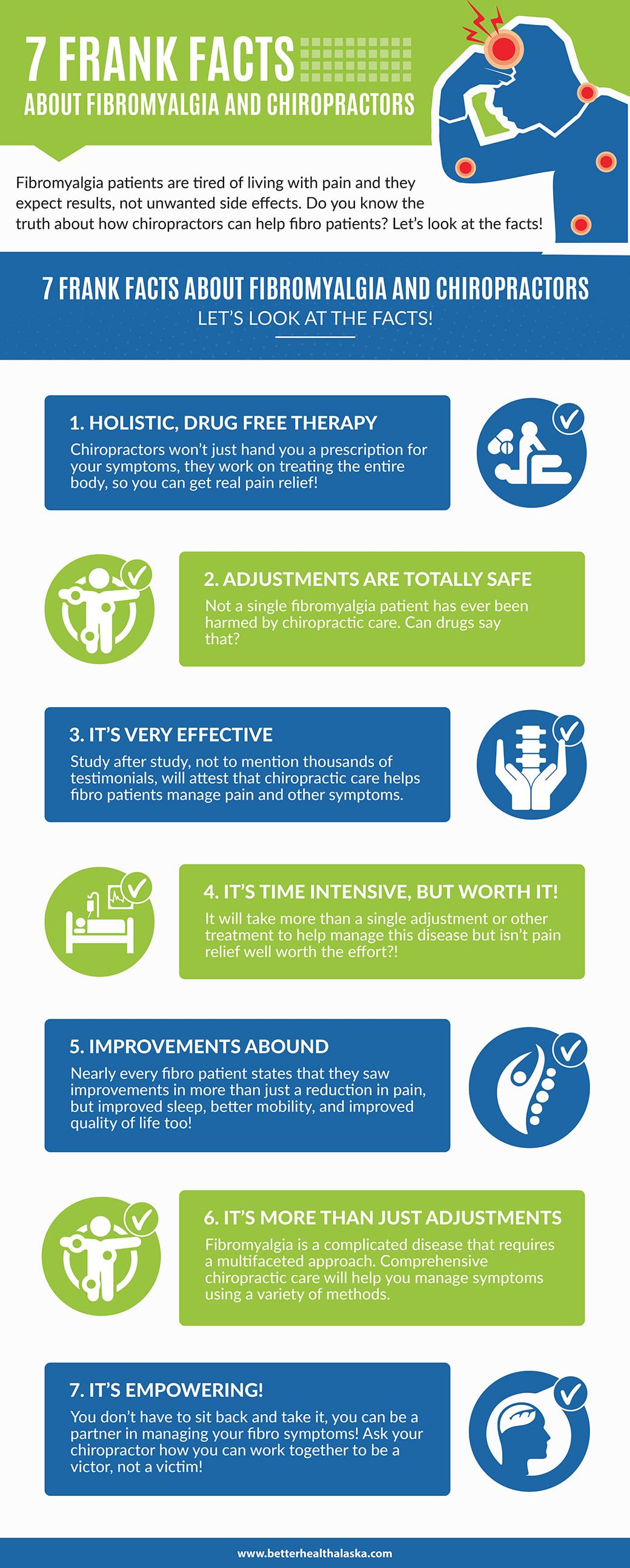Reinforce Your Back By Examining Just How Your Eating Routines Can Either Soothe Or Escalate Your Pain-- Uncover The Appropriate Foods To Incorporate Into Your Diet Regimen
Reinforce Your Back By Examining Just How Your Eating Routines Can Either Soothe Or Escalate Your Pain-- Uncover The Appropriate Foods To Incorporate Into Your Diet Regimen
Blog Article
Short Article Written By-Hsu Guldborg
When it involves handling your back pain, the food selections you make can substantially influence how you feel every day. Envision having the ability to reduce your discomfort simply by readjusting what you eat. By comprehending the function of nutrition in back pain monitoring and understanding which foods to incorporate or stay away from, you can take positive steps in the direction of a much healthier and a lot more comfortable way of living. The connection between nutrition and back health and wellness is more extensive than you may understand-- let's check out exactly how certain foods can either relieve or worsen your pain in the back.
Importance of Nutrition in Pain In The Back
Nutrition plays a vital role in taking care of neck and back pain. Your diet can dramatically influence swelling degrees and general pain levels in your back. Taking in a well balanced diet regimen abundant in nutrients like vitamins D and K, calcium, magnesium, and omega-3 fatty acids can help reduce swelling and reinforce bones, which are necessary for back wellness.
Additionally, maintaining a healthy weight with correct nutrition can alleviate stress and anxiety on your spinal column, reducing the risk of back pain.
Furthermore, specific nutrients like anti-oxidants located in fruits and vegetables can aid battle oxidative tension and promote healing in the body, including the back muscular tissues and spine.
On the other hand, taking in too much amounts of refined foods, sweet drinks, and harmful fats can add to swelling and weight gain, exacerbating pain in the back.
Foods to Consume for Back Health And Wellness
To support a healthy and balanced back, incorporating nutrient-rich foods into your day-to-day meals is crucial. Including foods high in anti-oxidants like berries, spinach, and kale can help reduce swelling in your back, relieving discomfort and pain. Omega-3 fatty acids located in fatty fish such as salmon and mackerel have anti-inflammatory homes that can benefit your back health.
Furthermore, consuming nuts and seeds like almonds, walnuts, and chia seeds provides important nutrients like magnesium and vitamin E, which sustain muscle function and lower oxidative anxiety. Incorporating lean proteins such as chicken, turkey, and tofu can assist in muscular tissue repair and upkeep, promoting a solid back.
Do not fail to remember to consist of dairy or fortified plant-based choices for calcium to support bone health. Lastly, hydrate with lots of water to keep your back discs moisturized and operating optimally. By including these nutrient-dense foods in your diet, you can nurture your back and assistance general spine wellness.
Foods to Avoid for Neck And Back Pain
Select avoiding processed foods high in sugarcoated and trans fats when looking for relief from neck and back pain. These sorts of foods can add to inflammation in the body, which may exacerbate neck and back pain. Say no to websites like candy, pastries, and sweet beverages, as well as junk food things like hamburgers, french fries, and fried poultry that are usually filled with trans fats.
Furthermore, avoid foods including high levels of refined carbohydrates, such as white bread, pasta, and pastries, as they can surge blood glucose degrees and potentially aggravate swelling in the body.
It's also smart to restrict your consumption of foods high in saturated fats, like red meat and full-fat milk items, as they can add to inflammation. Refined foods like delicatessens meats, chips, and packaged treats are frequently high in saturated fats and need to be eaten in moderation.
updated blog post , taking notice of your diet regimen and making clever food choices can have a significant impact on managing pain in the back. By including nutrient-rich foods like berries, fatty fish, nuts, and lean healthy proteins, and avoiding processed and sweet products, you can help reduce swelling and support overall back wellness. Keep in mind, what you eat plays a vital duty in how you feel, so make sure to prioritize your nourishment for a healthier back.
